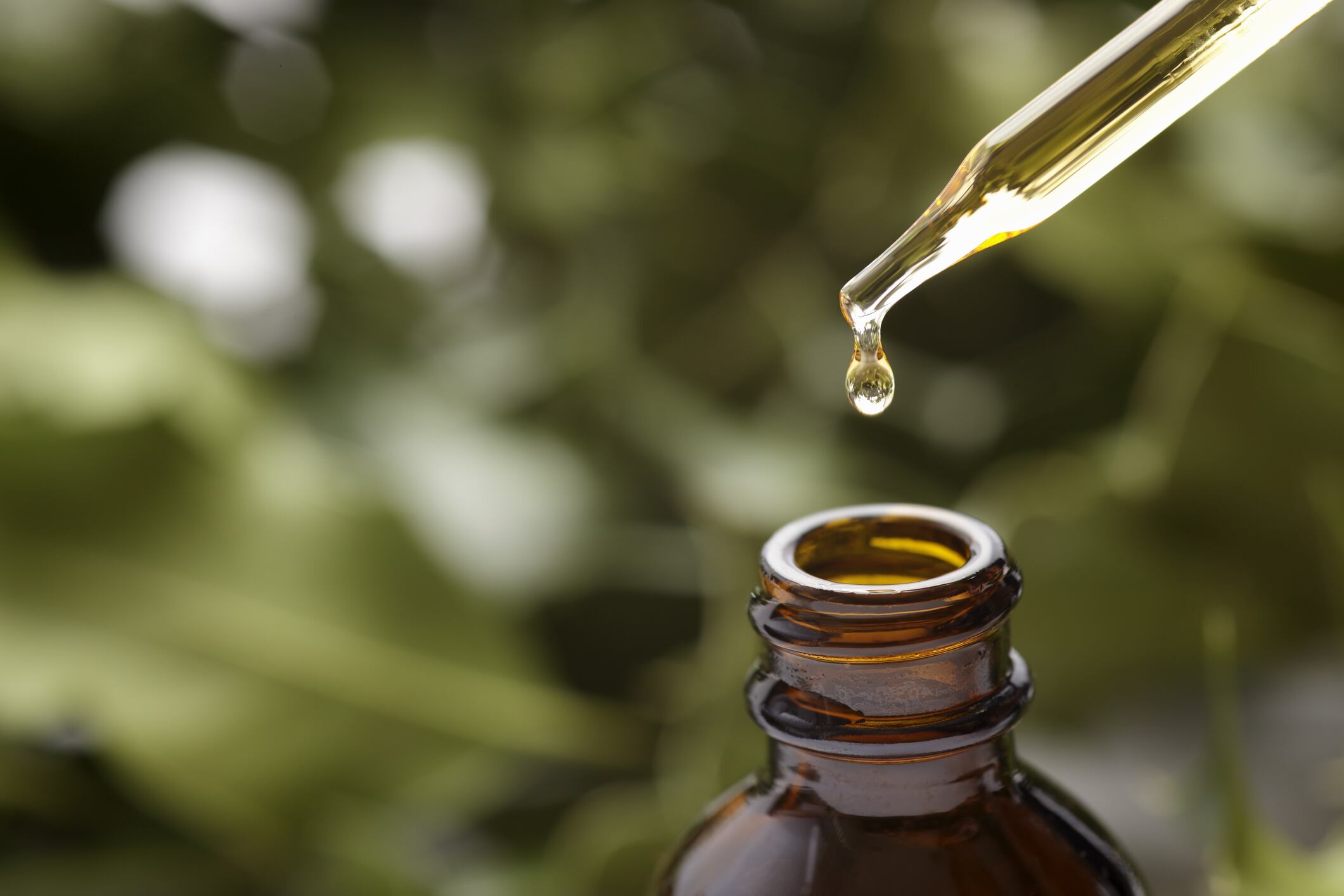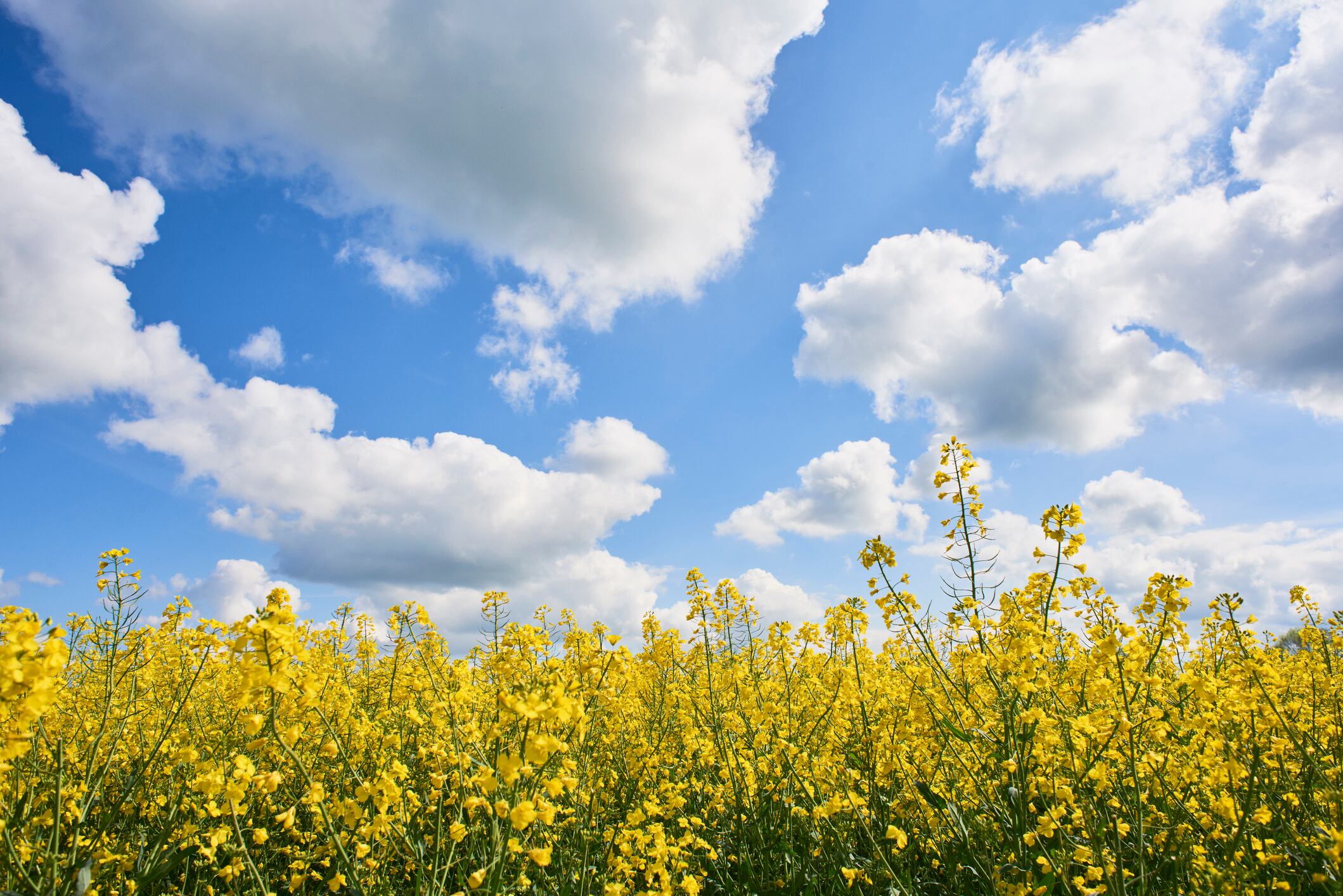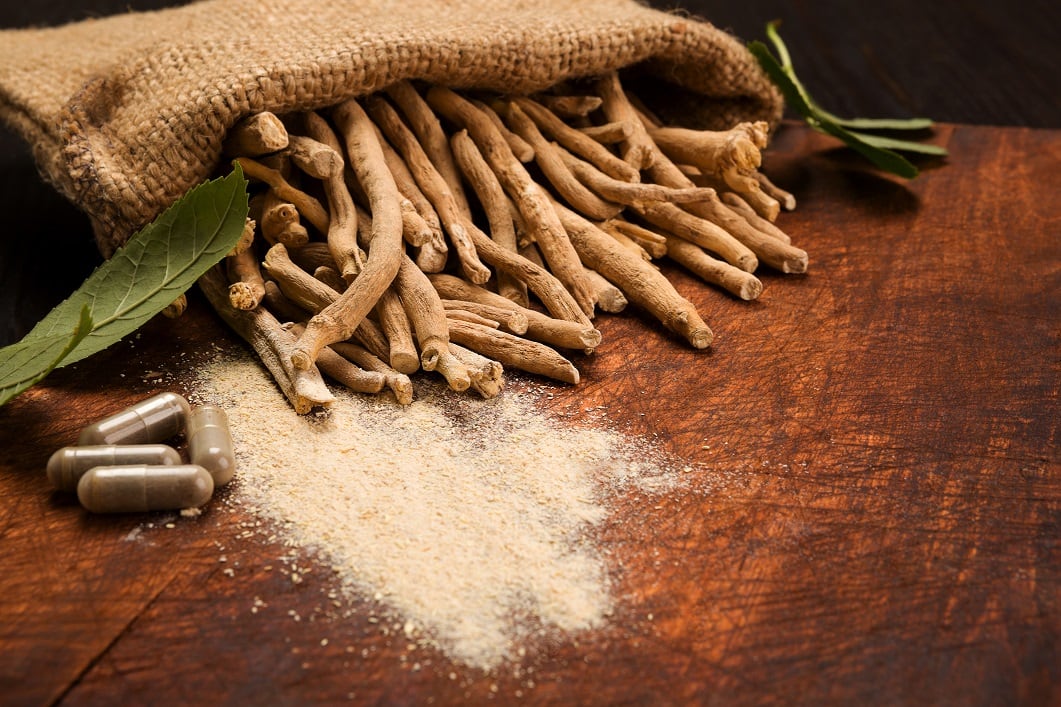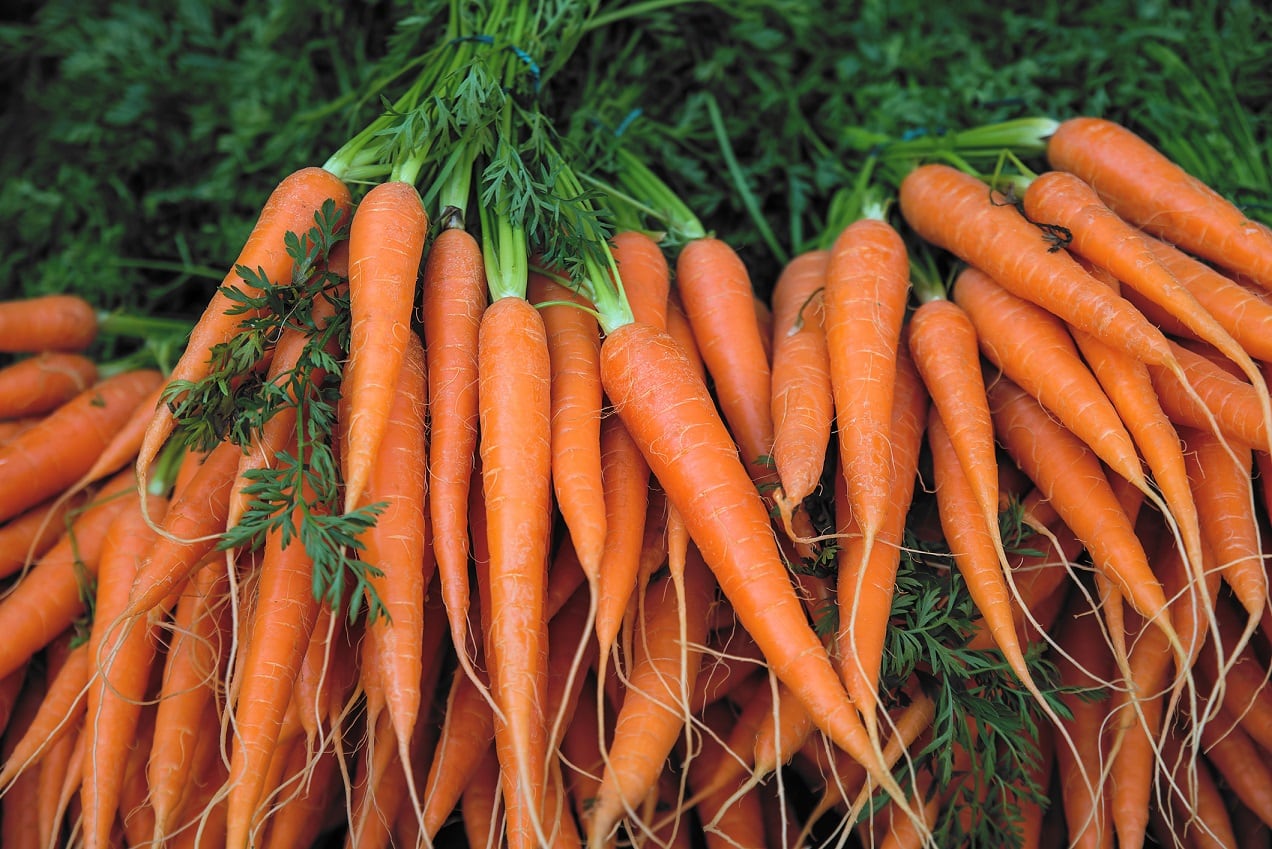The underground stem of the Pinellia ternata plant, known in Chinese medicine as Ban Xia, is used in supplements to relieve cough, phlegm, congestion and vomiting. Research shows it also has anti-inflammatory and antiemetic properties.
The announcement means that according to the EU’s central database, the plant does not require pre-market authorization.
This update, however, will have limited real-world impact, according to Jerome Le Bloch, head of scientific affairs at FoodChainID, noting that selling Pinellia ternata food supplements is still primarilty dependent on national regulations.
In Slovenia, the plant is authorized, and in Belgium, the root is authorized under certain conditions, Le Bloch told NutraIngredients. In contrast, it appears in List B of the French Pharmacopoeia, meaning it is only available through pharmacies. It is also unauthorized in Germany, Austria, Hungary, Denmark, the Czech Republic and Switzerland.
“EU-level catalogue updates may have limited practical effect,” Le Bloch said. “Market access for Pinellia ternata-based food supplements remains highly dependent on national rules.
“Therefore, regulatory assessments must consider both EU and Member State frameworks, and you should always confirm with national competent authorities before proceeding to market.”
What does the EU Novel Food Catalogue mean?
The EU Novel Food Catalogue is a reference list used by EU authorities and businesses. It shows whether a plant, extract or ingredient is considered novel under EU food law. However, even with this EU clarification, Europe faces a mixed situation.
“This list serves as orientation,” Le Bloch said. “EU countries may restrict the marketing of a product through specific legislation, despite a clear status on the catalogue.”
Some countries are choosing to continue with national restrictions, and this might have practical implications for companies aiming to market supplements across multiple EU Member States.
For companies looking to distributePinellia ternatarhizome derived ingredientsacross EU Member States, Le Bloch advises contacting the national authorities in advance—particularly in countries where the plant appears on negative lists."
“These countries may accept supplements containing Pinellia ternata, but for the moment, there is no official position,” he said. “Otherwise, they may have negative feedback from authorities when notifying finished products containing this plant.”
Advice to formulators
Because the rules differ and are sometimes unclear, formulators should assess the legal and supply chain risks separately for each country they wish to enter, Le Bloch advised.
“Due to the uncertainty in some member states, I would recommend assessing the risk for each country separately,” he said.
However, while the effect of the broader industry update will be small because the Novel Food Catalogue lists rarely change, Le Bloch noted that some officials may start accepting products containing it, thanks to the EU update.
“We need to wait to see whether member states will adapt their regulation, or if they still consider the plant as non-authorized,” Le Bloch said.





